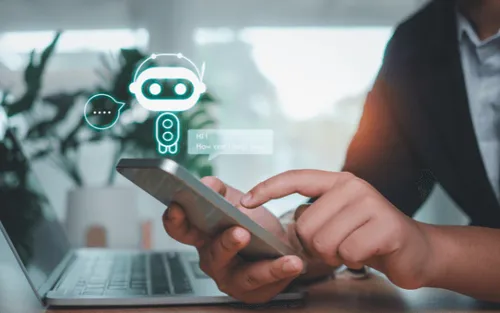Why Learn to Program?
Before we dive into the specific steps, it's important to understand why learning to program is a valuable skill. Programming not only allows you to create applications and websites, but it also improves your problem-solving and logical thinking skills. In addition, the demand for programmers continues to grow, which means that learning to program can open up many career opportunities for you.
Step 1: Choose a Programming Language
The first step in learning to program is to choose a programming language. Some of the most recommended languages for beginners include:
- Python: Known for its simple and readable syntax, Python is ideal for beginners.
- JavaScript: Essential for web development and has a large support community.
- Ruby: Offers a clean syntax and is easy to learn.
Step 2: Find Learning Resources
Once you've chosen a programming language, the next step is to find learning resources. Here are a few options:
- Online courses: Platforms like Coursera, Udemy and Codecademy offer structured courses.
- Books: There are many excellent books on programming, such as Automate the Boring Stuff with Python for Python.
- Tutorials and blogs: Websites such as freeCodeCamp and Medium have numerous tutorials and articles.
Step 3: Practice Regularly
Practice is essential to learning to program. Here are some ways to practice:
- Small projects: Start with small projects, such as a calculator or a simple game.
- Coding challenges: Participate in coding challenges on sites like HackerRank and LeetCode.
- Contribute to open source projects: This will allow you to work on real projects and learn from other programmers.
Step 4: Join Programming Communities
Joining programming communities can be very beneficial. You can get help, share your projects, and learn from others. Some popular communities include:
- GitHub: A platform for sharing and collaborating on code projects.
- Stack Overflow: A question and answer site for programmers.
- Reddit: Subreddits like r/learnprogramming are great for beginners.
Step 5: Build Your Portfolio
As you gain experience, it is important to build a portfolio of your projects. Not only will this help you showcase your skills, but it will also be useful when looking for a job. Include varied projects and be sure to document your code.
Step 6: Stay Current
The programming world is constantly evolving. Keep up to date with the latest trendsand technologies by reading blogs, attending conferences and taking advanced courses.
Learning to program from scratch may seem like a monumental task, but with the right strategy and a consistent approach, it's an attainable goal for anyone. Not only does programming open doors to a wide range of career opportunities, but it also fosters valuable skills such as problem solving, critical thinking and creativity.
Final Tips
- Don't get discouraged: It is normal to face challenges and frustrations when learning something new. The key is to persevere and seek help when necessary.
- Be curious: Explore different areas of programming and find what you are most passionate about. Curiosity can be a great learning engine.
- Enjoy the process: Learning to program is a journey, not a destination. Enjoy each small accomplishment and celebrate your progress.









